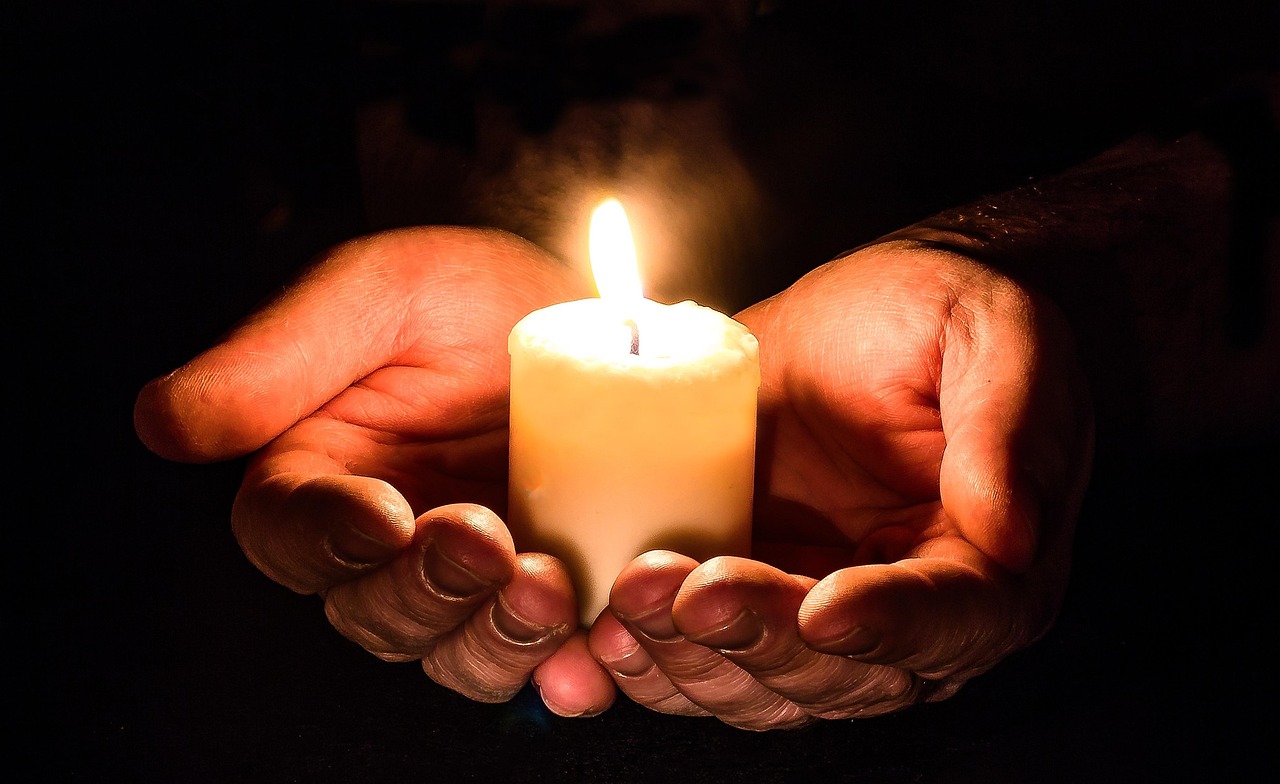When horrific suffering unfolds in the world — places like Gaza, Ukraine, or anywhere war, violence, or oppression devastate lives — sensitive people often feel it intensely. Our nervous systems register these realities not only as news, but as lived resonance: the cries of others echo inside us. This can feel overwhelming, even unbearable.
We are wired to feel with others. But when the suffering is immense, our open-hearted resonance can leave us flooded. The question arises: How can I honor this pain without collapsing under it?
The Nervous System’s Dilemma
The vagus nerve and limbic system constantly scan the world for cues of safety or danger. When we witness scenes of terror or loss, even from afar, our bodies often respond as if it were happening here. A sensitive person may feel tightness in the chest, sleeplessness, tears that won’t stop, or a sense of despair.
This is not weakness — it is the nervous system doing exactly what it was built to do: to attune and connect. The danger comes when our systems remain chronically activated, tipping us into states of shutdown or burnout.
From Resonance to Presence
It is’nt helpful to harden or numb ourselves — that would cut us off from our humanity. Instead, a more helpful practice is to soften into presence. That means:
- Acknowledge the resonance. “Yes, I feel the pain of Gaza. It is real. My body is touched by it.” Naming it validates both the suffering and your response.
- Allow limits. Your nervous system cannot hold the whole world’s pain continuously. Stepping back is not indifference, but honoring your biology.
- Co-regulate. Seek safe others — a friend, therapist, partner — who can help your body metabolize what it is carrying. Trauma heals in resonance, and so does grief for the world.
- Ground in the here-and-now. Look around and let your senses anchor: feel the texture of a blanket, notice the breath moving through your body, hear the sounds in your room. This reorients your nervous system from endless threat to present safety.
Bearing Witness Without Collapse
There is a way to witness suffering without disregarding it: by shifting from identification to accompaniment. Instead of fusing with the world’s pain until you drown in it, you stand alongside it.
- Small acts of solidarity. Donate, sign petitions, write letters, attend vigils. Tiny embodied actions signal to your nervous system: “I am not helpless. I am connected.”
- Rituals of honoring. Light a candle, whisper a prayer, place a stone in the garden. These symbolic gestures tell your body: “I see them. They matter.”
- Boundaries as compassion. Turning off the news after your limit is reached is not betrayal. It is what allows you to stay open-hearted for the long run.
Protecting the Inner Field
The nervous system is like an ecosystem. Just as polluted soil cannot nourish, an overwhelmed system cannot sustain compassion. Protecting your nervous system is itself an act of care for the wider field.
If you cultivate inner safety — moments of calm, warmth, or joy — you keep alive the very qualities the world most needs. This is not escapism; it is resilience. You become a pocket of regulation in a dysregulated world.
Conclusion: Compassion With Edges
To be a sensitive person in times of global horror is painful. But it is also a gift. Your resonance is proof of your humanity. The task is not to shut it down, but to hold it with edges — to let compassion flow through you without washing you away.
We heal not by closing off, but by holding ourselves in presence in the face of suffering while connected to our own bodies truth: our breath, body, and limits. This way, we can honor the pain of others while protecting the fragile ecosystem of our own nervous system.
In holding both — the world’s suffering and your own tender limits — you become part of the field of healing, not collapse.

